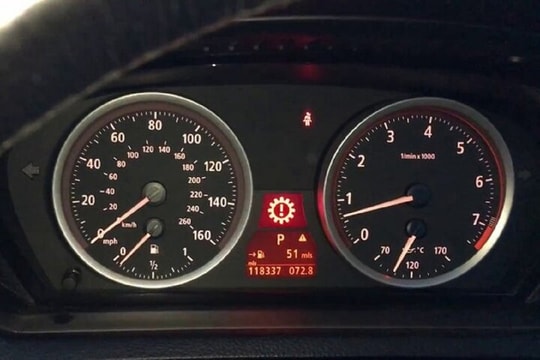Reasons why cars catch fire
In Vietnam, the number of cases of cars catching fire is not small. Below are some common causes leading to this incident.
Low car maintenance
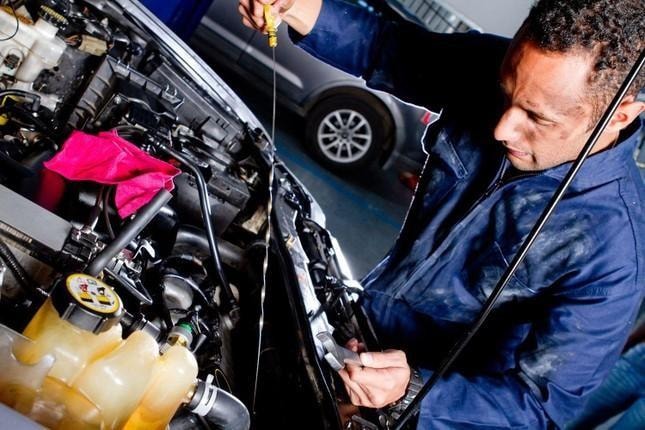 |
Failure to maintain your car regularly can increase your chances of catching fire. Ignoring or repeatedly delaying taking your car to a repair shop for routine checks can lead to faulty wiring, leaky gaskets, and other parts that can shorten the life of your car or make it more susceptible to fire. If the wiring is damaged, it can spark, and the problem can be made worse if it comes into contact with flammable materials.
In an internal combustion engine in a car, there will be a head gasket that provides a seal between the engine block and the cylinder head. Its purpose is to seal the combustion gases inside the cylinder and prevent coolant or engine oil from leaking into the cylinder. Therefore, if not checked regularly, a leak in this part can cause the engine to run poorly and overheat, causing a fire.
Electric vehicle batteries
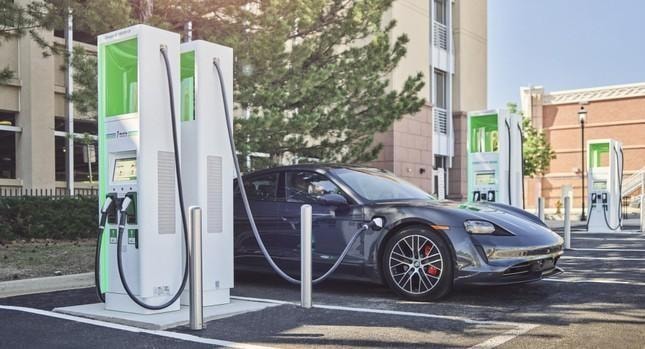 |
Batteries in electric cars work just like any other battery, they tend to catch fire when punctured. So if an electric car running at full speed hits a small object that punctures the battery, the car will catch fire.
Design error
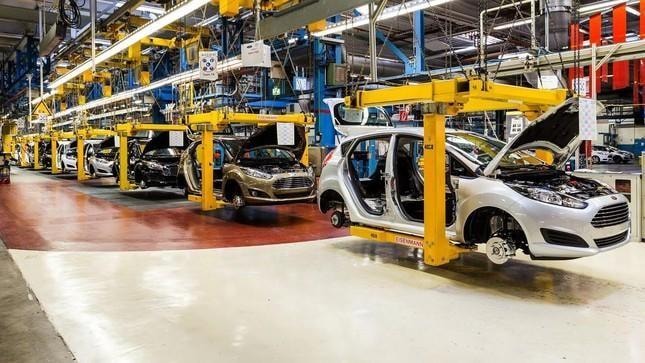 |
A design flaw in a car won’t cause it to catch fire, but it could create a condition that could lead to a fire. Most car manufacturers discover these issues when they test their products. However, there have been cases where popular brands have had to recall cars for repairs due to fire risks.
Engine overheating
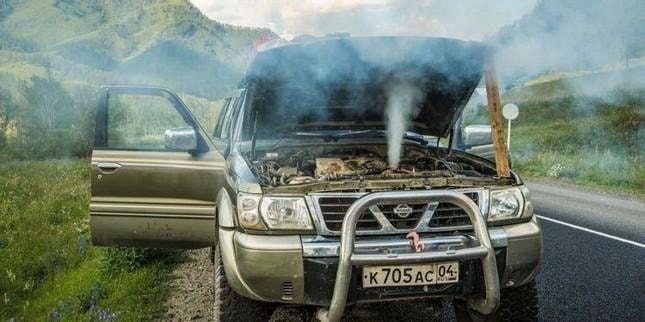 |
Users should note that one fault in a car, no matter how serious or minor, can lead to another. For example, an overheated engine will not cause the car to catch fire immediately. But this will cause the volume of fluids such as coolant and oil to increase rapidly and gradually overflow or leak out of the area where they are contained.
When these fluids splash onto other hot parts of the car, they can easily catch fire and spread quickly. The cause of engine overheating is due to a malfunctioning radiator or a leaking gasket or seal.
Car collision
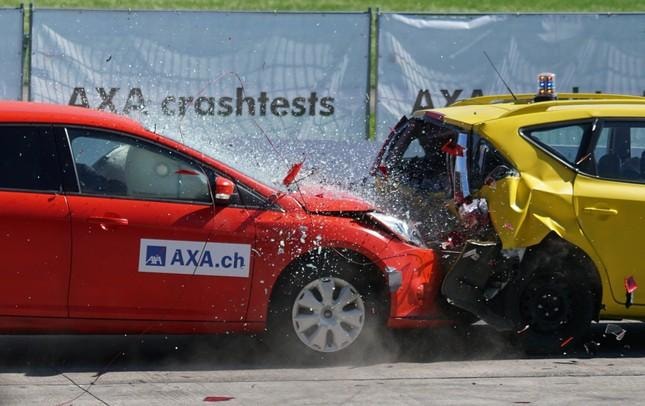 |
Normally, a car is not supposed to catch fire after a crash. This is because the car's body is designed with a strong metal plate that absorbs the impact, thus protecting vulnerable points such as the battery, engine and even the fuel tank. But at the time of a crash, fuel can leak, increasing the risk of fire.
Fuel leak
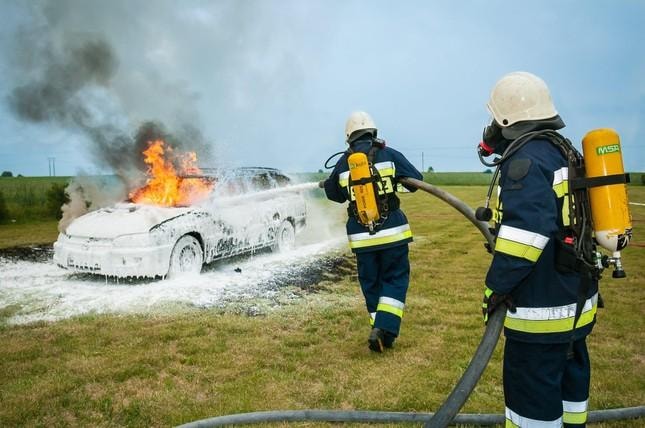 |
Fuel leaks are the most common cause of car fires. Different fluids in cars are corrosive and flammable. Gasoline is the most dangerous of them all, as it can easily ignite from a spark at temperatures as low as 7.2 degrees Celsius or 45 degrees Fahrenheit. So, gasoline coming into contact with other hot metal surfaces in a car can start a fire in seconds and spread rapidly.
Therefore, users need to prevent this by maintaining the vehicle properly and periodically. In particular, if you smell gasoline around or in the car, turn off the engine immediately while moving, find the leak promptly and fix it.


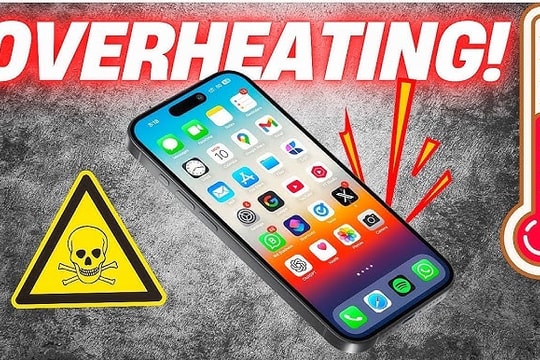


.jpg)
